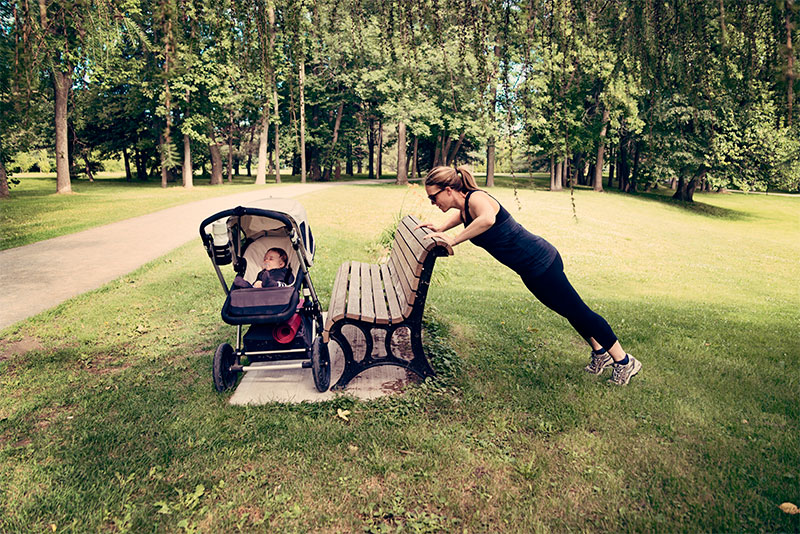
Purposeful Parenting
The Calli Institute“Beware the Sleep Deprived Mom” A friend gave me a mug with this inscription on it after the birth of my first child. Foreshadowing?? Yes. The other day as I was feeling particularly ornery and not bringing my best self to the table, my children suggested I should be drinking out of this mug. Touche.
I share this vignette as I write this blog in the hopes of coming from a place of authenticity and vulnerability–vulnerability, not defined as weakness, but as a place of courage which transforms our relationships (Daring Greatly, 2012). Perhaps this also becomes an excellent approach toward parenting: coming from a place of authenticity and vulnerability. As parents, we are connected on some level by the truth that the endeavor of raising children is humbling, exhausting, and utterly . . . joyful. And we are likely seeking not only survival of this process but also the experience of creating someone/ something meaningful all the same. I think that as parents, we can create greater value in our experience and in our children’s experiences by approaching our interactions with intention and mindfulness. This awareness transcends beyond our engagements with our children and also encompasses our sense of self. These strike me as fundamental starting points to approach the idea of purposeful parenting.
Let’s talk about the value of self care in the role of purposeful parenting. My “intention” is to start with this as a building block around how we parent (and so it doesn’t get skipped toward the end). Now, for anyone challenging this notion with the idea that you don’t have time for self care, consider the following:
Self care creates a ripple effect of positive energy. As we take care of ourselves, we create, renew, and restore our own energy reserves. As a result we have more to give to our children, families, and relationships. Think of the analogy of the instructions given by the flight attendant to first place your oxygen mask on before assisting those around you. Same rules apply here.
Self care allows us to model healthy practices for our children. Self care shows our children how we work to regulate our emotions. We validate how easy it is to become overwhelmed, stressed, anxious, etc. and that we are capable of managing our behaviors and feelings. In addition, we give our children tools and show them how to use those tools responsibly. One of the best gifts we can give our children is the awareness that we are not perfect. We don’t set them up to think they need to be perfect and we teach them how to be resilient in those learning moments.
Self care need not be limited to the self. Let me expand on this idea. I encourage the idea of self care to include those areas that bring a sense of wellness to the self. This could include things done alone, but may very well include time spent with others or time doing those things that will leave you feeling rejuvenated. In other words, self care could involve time with your children if that is what is needed to fill you up at that moment.
As you increase awareness of self, you increase the ability to be aware of what may be driving your child. This awareness lends itself to being purposeful in our parenting. Consider these ideas:
All behavior has a purpose even if it’s unknown to the individual. Being purposeful in our parenting involves our ability to be curious and consider factors that may be influencing dynamics taking place for our kids. It gives you an edge as a parent to consider the bio/ psycho/ social dynamics and engage from a mindful place. For example, looking at what may be driving a behavior (Is my child hungry, stressed, or trying to establish independence?) will impact our intervention in that moment.
The way we engage with our children has impact on the outcome of that interaction. If you want your child to feel loved and secure, you engage in a way that is nurturing. If you want your child to be responsible, you give them responsibilities to practice. The list goes on. If we consider what we want the outcome to be, we shape our own intervention in that moment. We probably wouldn’t intentionally seek an outcome that leaves our children feeling ridiculed or shamed; if we approach our interactions with an awareness of what we want to happen, we naturally move toward that desired outcome. The main idea here is that when you bring your intention and purpose to the parenting arena, you increase the likelihood of successful outcomes.
Even the best intentions won’t lead to the perfect outcome. Give yourself grace as a parent. Remember, this role is not about achieving perfection. It may be about catching ourselves in those “sleep deprived mom” moments and pausing to consider a redo on a situation that is going haywire. If we can create value and act with intention in the most trying of moments, we can know that our vulnerability will have paid off and our parenting has achieved its purpose.
Happy Parenting.
